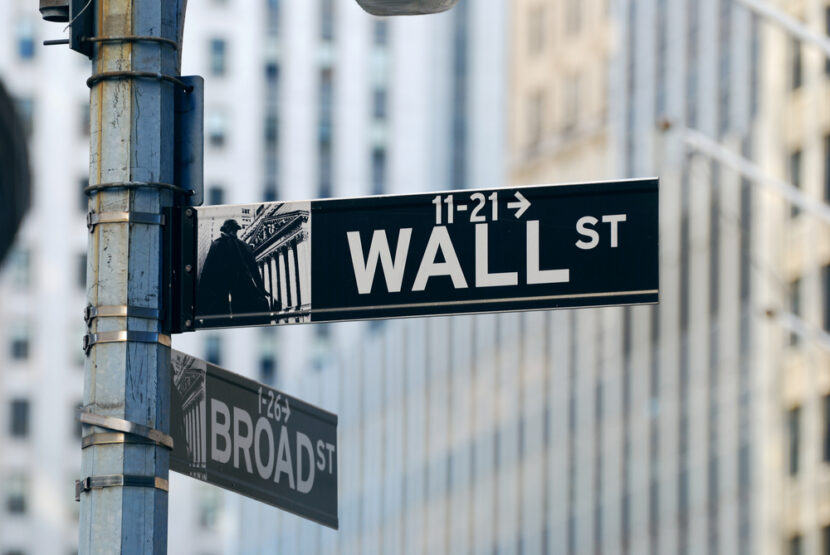DALLAS – News that a nurse diagnosed with Ebola flew on a plane full of passengers raised fear among airline investors that the scare over the virus could cause travellers to avoid flying.
Shares of the biggest U.S. airlines tumbled between 5 and 8 per cent before recovering in afternoon trading. The overall market slumped on concern about slowing global economic growth, but recouped some losses late in the day.
Health officials downplayed the possibility that any of the 132 passengers on Frontier Airlines Flight 1143 from Cleveland to Dallas-Fort Worth could have been infected, because the nurse showed no Ebola symptoms during the flight. Nonetheless, public health officials were notifying other passengers.
Hoping to minimize the impact of Ebola, the airline industry is banking on assurances from health experts that the virus is spread only through contact with the bodily fluids of someone already showing symptoms, and the presumption that someone that sick would not be physically able to travel.
Tony Tyler, CEO of the International Air Transport Association trade group, said Ebola was unlikely to reduce travel.
“You can’t rule out that worry about this disease could cause a drop in traffic,” he told reporters in San Diego. “My personal view is that is unlikely.”
Robert Mann, an aviation consultant and former American Airlines executive, said the decision to notify other passengers on the flight was made out of extra caution, “but all that rational thought aside, it may cause some people to delay trips.”
Dr. Tom Frieden, the director of the U.S. Centers for Disease Control and Prevention said it was extremely unlikely that passengers could have contracted the disease because the nurse, Amber Joy Vinson, was not vomiting or bleeding. But, he said, she should not have been on the flight because of the possibility that she had been exposed to Ebola and because she had a slightly elevated fever.
The CDC later confirmed that an official responsible for monitoring Vinson cleared her to fly. Frieden said that from now on, no one involved in caring for the original Ebola patient in Dallas would be allowed to travel except “in a controlled environment.” CDC guidelines say that people possibly exposed to Ebola should avoid commercial flights for 21 days.
Frontier said Flight 1143 was that particular plane’s last flight on Monday night, and it was cleaned overnight according to CDC standards before being used Tuesday. On Wednesday night, the plane was flown without passengers to Denver, where Frontier said it would be cleaned for a fourth time and seat covers and carpets around Vinson’s seat would be removed.
Since the first case of Ebola was diagnosed in the U.S. last month, attention has focused mostly on travellers from West Africa, the centre of the epidemic. The first victim was a Liberian man who flew into Dallas-Fort Worth International Airport on a United Airlines flight from Washington’s Dulles Airport. That case led U.S. officials to expand health screening of passengers from West Africa who arrive at five major airports.
The latest health worker flew on a domestic flight from an airport where there is no screening for fever.
Dallas-Fort Worth International Airport says it handles about 165,000 passengers per day or 60 million in a year. Airlines there operate both international and domestic flights.
Representatives of several U.S. airlines told The Associated Press that they have not received any new guidance from CDC on monitoring passengers and cleaning planes since the first U.S. Ebola case. They said that each night, crews cleanse planes and wipe down surfaces such as armrests and tray tables with strong disinfectants.
Ebola concerns and slower global economic growth have hurt airlines stocks in recent weeks, offsetting the benefit to airlines from falling fuel prices.
On Wednesday morning, airlines with the biggest international networks sold off the most before beginning to recover by early afternoon.
S&P Capital IQ analyst Jim Corridore blamed the morning sell-off mostly on the Ebola news; he called the fear overblown. Barclay’s analyst David Fintzen similarly discounted the likelihood of a major U.S. outbreak that could cripple travel.
United and Delta each fell more than 7 per cent before recovering. United Continental Holdings Inc. closed down 62 cents, or 1.4 per cent, at $42.55; Delta Air Lines Inc. lost 41 cents, or 1.3 per cent, to $32.38. American Airlines Group Inc. fell 6.4 per cent at one point but closed up 18 cents at $31.69. Southwest Airlines Co. bounced back from 5.3 per cent down to close up 2 cents at $30.02.
The broader Standard and Poor’s 500 index closed down less than 1 per cent.
